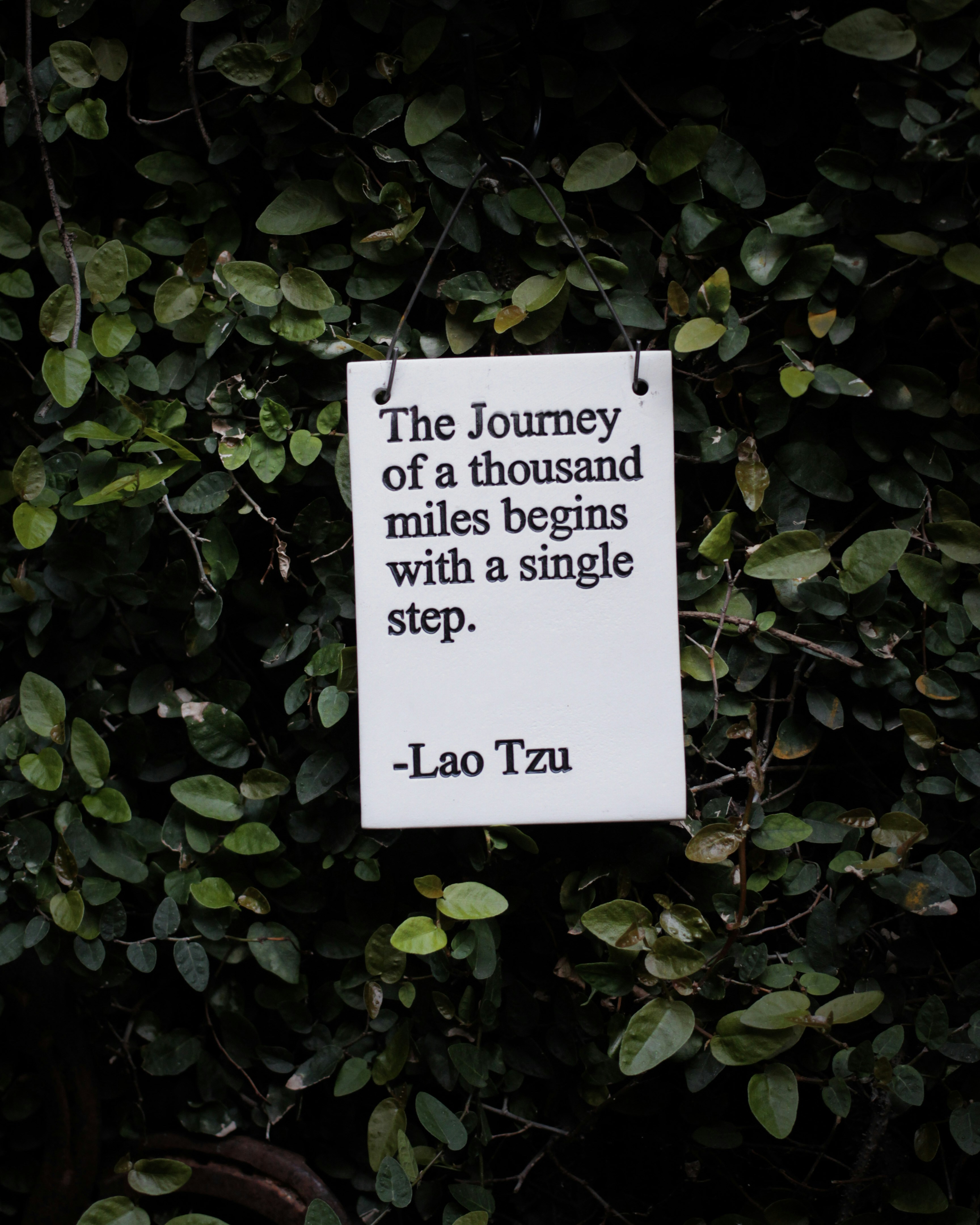BLOG
Discover some fantastic tips for your Career Journey!

AI, Automation, and the Future of Our Industry: Are You Ready for the Shift?
In 2024, AI and automation have firmly established themselves as critical components of virtually every industry. From retail and marketing to healthcare and finance, organisations harness AI to streamline tasks, reduce operational costs, and deliver a more personalised customer experience. Yet, these advancements also bring sweeping changes to the workforce, demanding professionals to stay agile, update their skills, and adapt to an increasingly tech-driven environment.
How AI and Automation are Changing the Workplace
1. AI in Repetitive and Creative Tasks
AI initially made its mark by automating repetitive tasks like data entry and customer service chatbots. However, advancements in generative AI—AI that can create content, produce designs, and even write code—have expanded its role. ChatGPT and Microsoft's Co-pilot are now used to generate marketing content, automate CV optimisation for hiring platforms, and develop tailored customer communications. This shift boosts efficiency and enables teams to focus on higher-level strategic activities.
2. Automation’s Role in Enhancing Productivity
With automation tools becoming more accessible, many companies have integrated process automation into their workflows. For example, Robotic Process Automation (RPA) allows for the automated completion of rule-based tasks, such as data processing in finance or order fulfilment in e-commerce. According to a McKinsey report, this capability has increased productivity by up to 20% in certain industries, reducing manual effort and accelerating task completion.
What Does This Mean for Professionals?
As automation and AI reshape traditional roles, there’s a growing need for skills that adapt to these new technologies. Instead of fearing replacement by automation, professionals are now looking for ways to complement AI and enhance their roles. For instance, many roles now require data literacy and a basic understanding of AI algorithms, especially in fields like digital marketing and data analysis where AI tools are heavily integrated.
This shift signals an urgent need for continuous learning, particularly in digital skills, as employers increasingly value adaptability alongside core skills. As new tools emerge, professionals must assess how they can leverage these technologies to not only improve their work but also maintain a competitive edge.
Key Skills for Staying Competitive in a Tech-Driven Market
1. Digital Literacy and AI Proficiency
Understanding how to use AI tools has become essential across various industries. Professionals with proficiency in data analysis, machine learning, or even basic AI application have a significant advantage in the job market. Many companies offer online courses to help employees upskill in these areas, and platforms like Coursera and Udacity provide certifications that enhance resumes and demonstrate proficiency .
2. Creativity and Emotional Intelligence
While AI can handle many technical tasks, human creativity and emotional intelligence are irreplaceable. Jobs requiring innovative thinking, critical decision-making, and people management remain largely human-centric. As AI handles repetitive and predictable tasks, creativity and interpersonal skills are becoming differentiators for career growth.
3. Adaptability and Lifelong Learning
In an environment where technology evolves quickly, being adaptable is crucial. Lifelong learning is no longer optional; it’s a necessity. Following tech trends, participating in professional communities, and consistently adding new skills are all ways to stay updated on industry changes. Professionals who actively engage in lifelong learning will find themselves better equipped to leverage AI to their advantage.
How to Prepare for AI’s Impact on Your Career
With the rapid pace of AI and automation developments, it’s essential to stay proactive. Here are some actionable steps to ensure you’re ready for these changes:
• Stay Informed: Regularly read about the latest AI and automation trends. Resources like TechCrunch, Wired, and industry-specific newsletters offer valuable insights.
• Join Professional Networks: Engaging with online communities on LinkedIn, joining relevant industry groups, and attending webinars can help you connect with others who are adapting to the same changes.
• Build a Tech-Savvy Skill Set: Even if you’re not in a tech-heavy role, understanding tools that enhance productivity (like automation software and AI-driven analytics) can make a significant difference.
Looking Ahead: Embracing the Future of Work
AI and automation are here to stay, bringing a range of benefits and challenges to industries worldwide. For professionals, this era is an opportunity to rethink how we approach our careers, prioritise skill development, and adapt to an evolving job market. The question is no longer whether AI will impact your industry—it’s about how you can integrate it into your work to stay competitive and thrive.
What’s one new tech skill you’re planning to develop this year? Let’s share our goals and help each other adapt to this new era of AI and automation!
#FutureOfWork #AI #TechTrends #CareerGrowth

Embark on Your Career Adventure - Connect Now!
© Copyright 2024 LHCVSolutions Ltd - Privacy Policy - Terms & Conditions


Instagram
X
LinkedIn